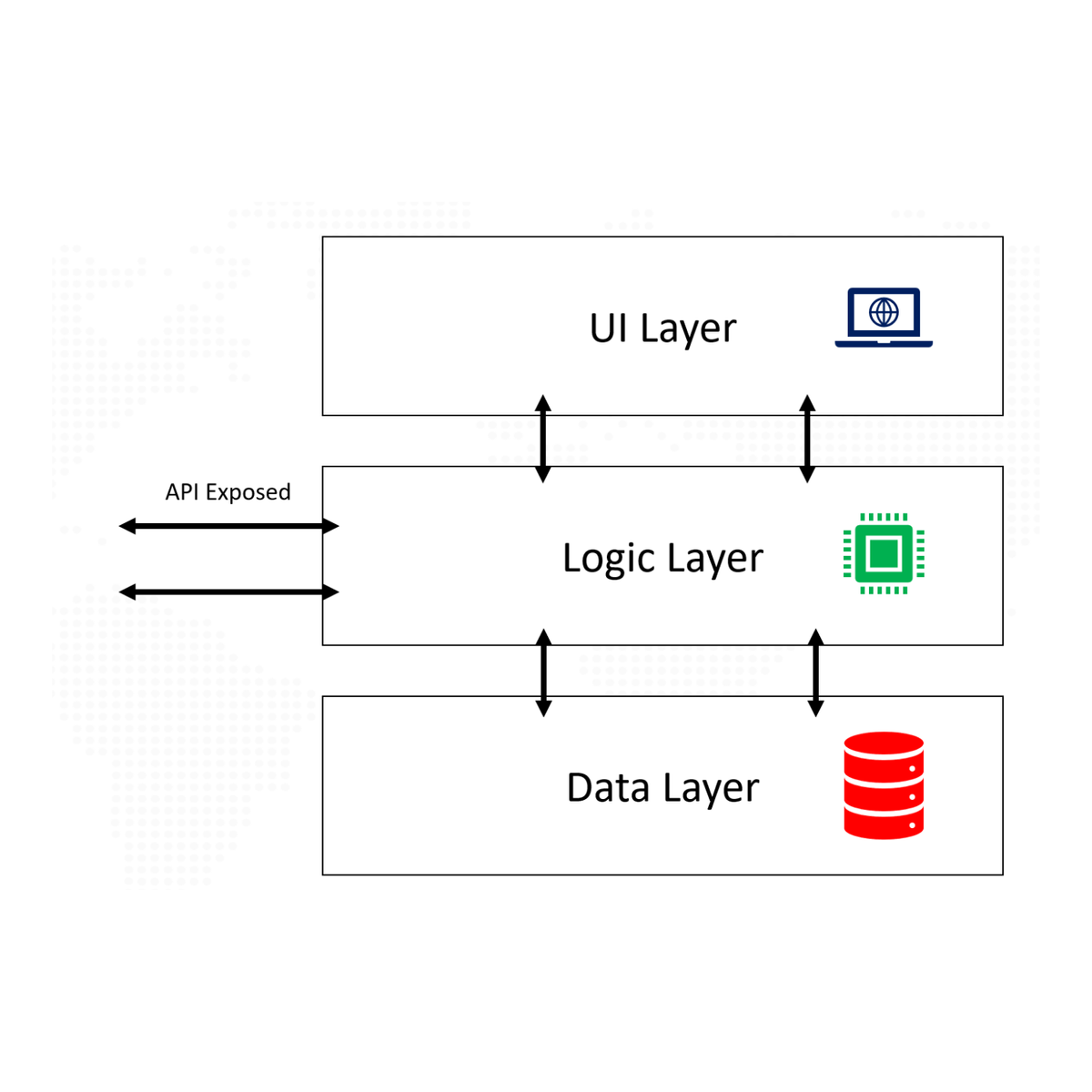
In this 1-hour long project-based course, you will learn how to
1. Send an HTTP GET request
2. Send an HTTP POST request
3. Send an HTTP PUT and DELETE request
4. Adding user-defined variables
5. Adding response assertions and JSON path assertions to the JSON response
6. Understanding JSON format
Note: This course works best for learners who are based in the North America region. We’re currently working on providing the same experience in other regions.
What's inside
Syllabus
Good to know
Save this course
Reviews summary
Jmeter api testing guide
Activities
Review JSON concepts
Show steps
This activity will help you brush up on the basics of JSON, making it easier to understand the material covered in the course.
Browse courses on
JSON
Show steps
-
Review the JSON specification
-
Try out some JSON examples
-
Write a simple JSON parsing program
Practice sending HTTP requests with JMeter
Show steps
This activity will give you hands-on experience with JMeter, the tool you'll be using in the course.
Show steps
-
Install JMeter
-
Create a simple HTTP request
-
Add assertions to your request
-
Run your request and analyze the results
Follow a tutorial on advanced API testing techniques
Show steps
This activity will help you expand your knowledge of API testing and learn new techniques.
Show steps
-
Find a tutorial on advanced API testing techniques
-
Follow the tutorial step-by-step
-
Try out the techniques you learn
Four other activities
Expand to see all activities and additional details
Show all seven activities
Help other students with API testing questions
Show steps
This activity will help you reinforce your understanding of API testing by helping others.
Show steps
-
Join an online forum or discussion group for API testing
-
Answer questions from other students
-
Share your own knowledge and experience
Create a presentation on API testing for your team or company
Show steps
This activity will help you solidify your understanding of API testing and share your knowledge with others.
Show steps
-
Choose a topic for your presentation
-
Research your topic
-
Create your presentation
-
Deliver your presentation
Create a blog post about API testing
Show steps
This activity will help you solidify your understanding of API testing by explaining it to others.
Show steps
-
Choose a topic for your blog post
-
Research your topic
-
Write your blog post
-
Publish your blog post
Participate in an API testing competition
Show steps
This activity will challenge you to apply your API testing skills and compete with others.
Show steps
-
Find an API testing competition
-
Register for the competition
-
Prepare for the competition
-
Compete in the competition
Review JSON concepts
Show steps
This activity will help you brush up on the basics of JSON, making it easier to understand the material covered in the course.
Browse courses on
JSON
Show steps
- Review the JSON specification
- Try out some JSON examples
- Write a simple JSON parsing program
Practice sending HTTP requests with JMeter
Show steps
This activity will give you hands-on experience with JMeter, the tool you'll be using in the course.
Show steps
- Install JMeter
- Create a simple HTTP request
- Add assertions to your request
- Run your request and analyze the results
Follow a tutorial on advanced API testing techniques
Show steps
This activity will help you expand your knowledge of API testing and learn new techniques.
Show steps
- Find a tutorial on advanced API testing techniques
- Follow the tutorial step-by-step
- Try out the techniques you learn
Help other students with API testing questions
Show steps
This activity will help you reinforce your understanding of API testing by helping others.
Show steps
- Join an online forum or discussion group for API testing
- Answer questions from other students
- Share your own knowledge and experience
Create a presentation on API testing for your team or company
Show steps
This activity will help you solidify your understanding of API testing and share your knowledge with others.
Show steps
- Choose a topic for your presentation
- Research your topic
- Create your presentation
- Deliver your presentation
Create a blog post about API testing
Show steps
This activity will help you solidify your understanding of API testing by explaining it to others.
Show steps
- Choose a topic for your blog post
- Research your topic
- Write your blog post
- Publish your blog post
Participate in an API testing competition
Show steps
This activity will challenge you to apply your API testing skills and compete with others.
Show steps
- Find an API testing competition
- Register for the competition
- Prepare for the competition
- Compete in the competition
Career center
API Tester
Software Test Engineer
Quality Assurance Analyst
Performance Tester
Web Developer
Mobile Developer
Data Analyst
Business Analyst
Product Manager
Project Manager
Technical Writer
Customer Support Representative
Sales Engineer
IT Consultant
Systems Analyst
Reading list
Share
Similar courses
OpenCourser helps millions of learners each year. People visit us to learn workspace skills, ace their exams, and nurture their curiosity.
Our extensive catalog contains over 50,000 courses and twice as many books. Browse by search, by topic, or even by career interests. We'll match you to the right resources quickly.
Find this site helpful? Tell a friend about us.
We're supported by our community of learners. When you purchase or subscribe to courses and programs or purchase books, we may earn a commission from our partners.
Your purchases help us maintain our catalog and keep our servers humming without ads.
Thank you for supporting OpenCourser.



